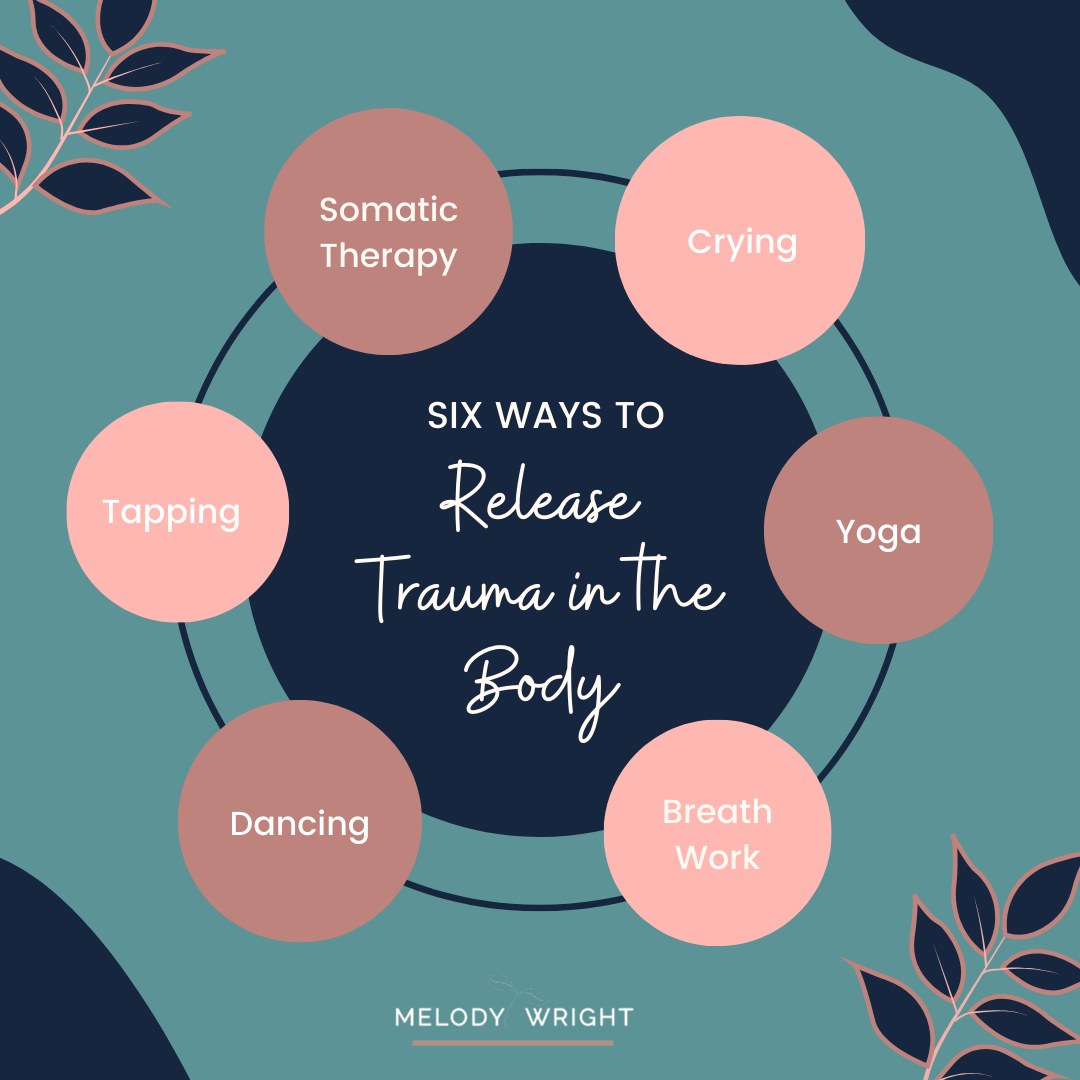Understanding the Mind-Body Connection in Trauma Recovery
By Melody Wright, LMFT
Trauma is a multifaceted experience that extends far beyond emotional pain. It possesses the unique ability to not only infiltrate the mind but also the very fabric of our physical well-being. The connection between trauma and physical health is a subject that calls for exploration because when you can understand this link it can pave the way for deep healing.
The Invisible Impact
The mind-body connection is made up of biological, psychological, and social factors. Whether your trauma comes from childhood adversity, a distressing event, or prolonged exposure it can have a significant impact on your physical body. When you experience trauma, your body will respond with a heightened state of alertness which can trigger stress hormones like cortisol and adrenaline within the body. Initial responses to experiencing something traumatic could be exhaustion, anxiety, confusion, and even disassociation.
Of course, these responses are essential for survival, however, chronic or extending amounts of exposure can wreak havoc on your body. We have two places that take hits when exposed to stress, our hypothalamic pituitary adrenal axis or HPA, and the autonomic nervous system. The regulation of these systems is known as the “allostatic load” (McFarlane, 2010). This means if you experience prolonged heightened cortisol levels, they can become toxic to your body which can lead to a contagion of different health issues.
There are links between those who have experienced trauma and those who have disorders of the HPA which can manifest as things like fibromyalgia, chronic fatigue, and irritable bowel syndrome. However, no person is the same, and just because you’ve experienced something traumatic does it mean that it will manifest long-term in the body.
Healing After Trauma
Awareness of what is occurring within your body and how it might be linked to the trauma you’ve experienced can support the steps you need to take on your healing journey. However, healing from trauma can be intimidating. Here are a few things you can do to begin your journey.
Connect with a Therapist - There are many different therapeutic interventions that you can access through seeing a professional. Engaging in therapies like Somatic Therapy or EDMR can support creating a safe space to revisit, reframe, and release the trauma you’ve been carrying.
Try Mindfulness Practices: When engaging in mindfulness, you begin to train your mind to become aware of your mind, body, and spirit. These practices can be journaling, meditation, and yoga. Mindfulness can offer moments of respite, fostering awareness of the present, and promoting relaxation which can support reducing cortisol levels within the body.
Prioritize Self-Care: Self-care is essential when you’re recovering and healing and it can look different for everyone. When you provide compassion and kindness for yourself you are engaging in self-care. This could be reciting affirmations over yourself, allowing yourself to rest and read a good book, or even having coffee with a close friend.
Nourish Your Mind and Body: Supporting your body with physical activity and nutrient-dense food encourages your immune system to heal and function at its fullest potential as well as increase levels of the “feel good” hormones - dopamine, and serotonin. When you are healing from trauma, having a supported immune system will benefit your overall healing in the long run.
Final Thoughts
Trauma and the impact it has on you is based on the severity and the perception of the event/events that occur. Your journey toward healing should be paved with patience and compassion because everyone’s story looks different, which means that the way you heal is completely unique to you.
If you find that you are dealing with physical manifestations of your trauma, or physical symptoms in general, we recommend connecting with a Somatic, Holistic, and Trauma-Informed therapist to guide you through the steps and support you in navigating the depths of your experience. In the unraveling of this mind-body connection, you will find threads of resilience, which leads to strength and renewal.
Here at Life By Design Therapy, we have a team who specialize in Somatic and Holistic Therapies. If you are ready to find the resilience within, connect with us today by scheduling a phone consultation.
Affirmations for Trauma
As I release the weight of past traumas, my body responds with strength and vitality.
My body is resilient, and I am gradually releasing the tension and pain stored within it.
I acknowledge the impact of trauma on my physical body, and I am committed to fostering a compassionate connection between my mind and body.
I am actively working towards healing, and with each passing day, my body becomes a safer and more comfortable place to reside.
I choose to nurture my body with practices that promote healing and restoration.
Additional Resources
**If you’re interested in expanding your knowledge on relationship growth, check out these books below:
The Body Keeps the Score: Brain, Mind, and Body in the Healing of Trauma by Bessel van der Kolk M.D
The Deepest Well: Healing the Long-Term Effects of Childhood Adversity" by Nadine Burke Harris
What Happened to You?: Conversations on Trauma, Resilience, and Healing By Oprah Winfrey
When the Body Says No: Exploring the Stress-Disease Connection by Gabor Maté M.D.
What My Bones Know: A Memoir of Healing from Complex Trauma by Stephanie Foo




